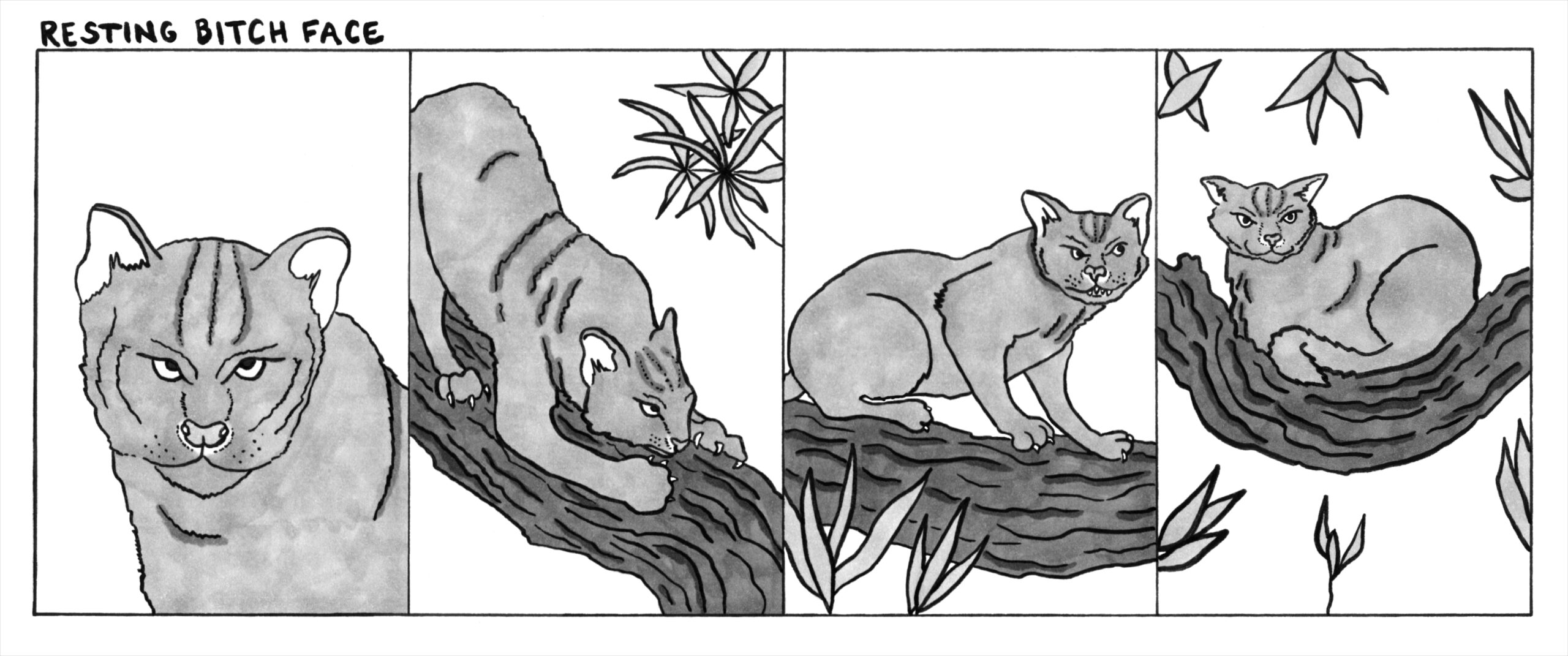I rarely write about my writing while I’m writing it. It’s a habit based in superstition, or perhaps shame: if I talk about what I’m working on, and then never publish it, is that because I’ve cursed myself? Will people think less of me, because they can see my failure? (If, that is, they pay attention, and squint?) These are the kinds of intrusive thoughts that keep me from discussing my work on social media.
I’m thinking about this today for two reasons: first, I was reading my friend Jaime‘s excellent essay about the potential harmony between learning to write and learning to act; you can read the essay for yourself, but while I was doing the same, I had a recovered memory of a recent dream in which I was talking with an acting student at my undergrad about how I was never cast in anything (this is true with regards to mainstage productions, though I did some fun one acts); this is not something that has bothered me in many years, though I do occasionally miss the physical-emotional-intellectual-social connection that you experience in theatre, I don’t feel sorry for myself that I’m not in a college play.
But I have (and here’s the second reason for this post’s opener) recently been mired in a story revision, one which is giving me no quarter, and perhaps my frustration is bleeding backwards towards past feelings of mortification, spilling over into my dreams.
Sort of? I’m not actually ashamed that this story is challenging to write—I’m frustrated, yes, because I can articulate to myself what I want to be happening, while not yet seeing it on the page—but that’s a normal part of writing, and nothing to be ashamed of. I am…consumed by thoughts of the revision? Perhaps that’s how to say it? All day I sit with the story, adding lines and taking them away, writing down notes about structure and theme and throughline and character, trying to make them fit into the indomitable puzzle that is a piece of fiction.
There is something very emotional about wanting a piece of writing to work. Specifically emotional, I mean: it requires you to sit in the world of the story, the specific storm and calm of that place; to sit in, experience, and also direct it. You have to be purposeful, intellectual, and also fluid, dynamic, ready to change. There is a way that this process can eat you alive, and sometimes you have to let it. At night, I often write down one or two salient notes about the story, the one or two things I think are most potent and true, which will help me guide it towards its own becoming. And then, in the morning, I look at these notes, and they almost always seem too obvious to me—perhaps accurate, but not illuminating. They turn to ashes, which I poke with a stick.
There is a reason, beyond shame, that I don’t usually write about my writing-in-progress: comfort and protection. There are so many elements of writing that leave you exposed to the world’s judgment, and it’s nice to be able to draw a cloak around, at least, that which is most personal. The successes and failures of publishing are one thing. The successes and failures of writing? Those are mine. I don’t actually think anyone needs to know, on a day-to-day basis, how deep I’ve wandered into the uncanny valley of my imposter syndrome. No more do I think they need to know when things are click, click, clicking.
Today I guess I’m just in the mood. I’ve been working in private for a long time, and the pot of it has just boiled over. Sometimes that happens too. Maybe my dreams will calm down now, but maybe not. Maybe the story will open itself up to me, maybe not. The sun will rise and set, though, irregardless. My garden will grow, and never care if the story was written, if the story found rest.
